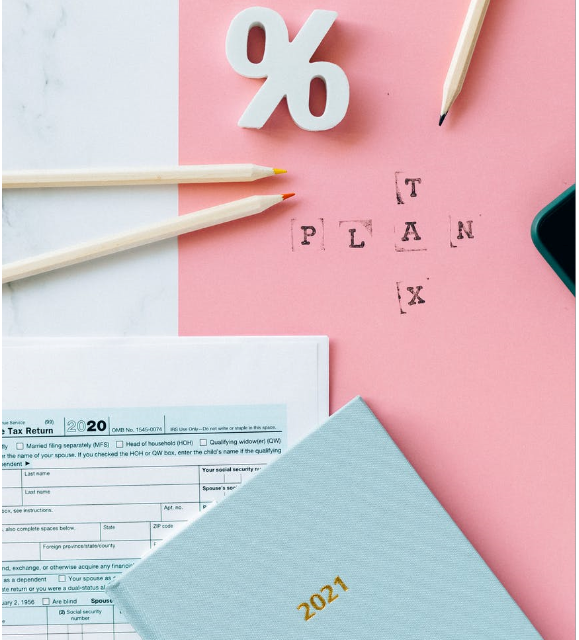Image Source: Pexels
The following is a Guest Post by Wanda Roberts
This has been your financial year.
Your budget is on point. Your savings are growing. And, you don’t want to brag, but your relationship with money has simply never been better.
One day, while diligently checking on your bank account, you notice that your tax return has finally come in. And this year, you have to ask yourself, “After all the pizza and nice dinners have been eaten, what should I do with the rest of my tax return?”
If this question, or some variation of it, sounds familiar, then you’re in luck. Here are 4 savvy options that you can use to manage your tax return like a boss.
1. Tackle Existing High-Interest Debt
According to Investopedia, U.S. consumers owed a grand total of $14.56 trillion in March of 2021.
If you’re one of those Americans who’s been struggling with debt, a tax return can help you out in a couple of ways:
First, a few hundred to a few thousand extra dollars can put a massive dent into an outstanding credit card debt. It’ll cut through interest and help you cover your debts faster.
Second, because you’ll owe less after paying down some of your debt with your tax return, you’ll also be making lower interest payments in terms of raw dollar amounts. This in turn will allow your repayment dollars to go a little further.
2. Build Your Retirement Savings
There’s no better time to save for retirement than the present.
If you’ve been feeling guilty lately about how much money you’re not putting into your retirement fund, your tax return is an excellent opportunity to top up your pension fund.
Just imagine. If you were to make a habit of placing your tax returns into your self-directed IRA every year, you could easily be looking at an extra five figures in your retirement fund after 10 or more years. When you also factor in the money you could be making in interest and dividends off of those tax returns, it becomes even more obvious that those annual contributions could be the start of a valuable financial cushion.
3. Start An Emergency Fund
An emergency fund is exactly what the name says on the tin.
It’s a type of savings fund that you keep in relatively easy reach for “just in case”.
This is important to have because even when you have your whole life planned to a T, sometimes life will throw a curveball in your direction. You could lose your job next week, your car could suddenly break down, you may need to replace a broken furnace, or pay for some other unexpected expense.
When you’ve built an emergency fund, you can effectively ensure that you’re never stuck in a bad situation without money.
Plus, depending on how much you get back, one tax return may be all you need to get a substantial emergency fund going.
4. Start Investing in Dividends
If you’re like most people with a 9 to 5, then you already know how common it is to work for your money. But if you can reach a point where your money is making money, then that’s how you know you’ve truly made it.
Dividends are a form of investment where in exchange for every share you buy, you can get paid a monthly, quarterly, or annual sum of money in exchange for your purchase.
Any time you’re getting involved with the stock market, there’s always a certain amount of risk involved. But even if it’s not quite as secure as putting your funds into a bank account, you may still be able to use dividends to generate additional income out of your tax return.
Conclusion
For many Americans, tax season is the time of year where you’re obligated to sit down and chase receipts while tracking your finances. In short, it’s no one’s idea of a good time.
This year, however, things can be different.
You can know what you’re trying to do ahead of time and then rest easy knowing that you’ve taken your tax return and done the right thing for your financial situation.
All you have to do is put together a plan, like any of the ones listed here, and then take the steps needed to make it happen. Rest assured that when you’re watching your financial plans come to fruition, you’ll be glad that you decided to be financially-savvy with your tax return.

